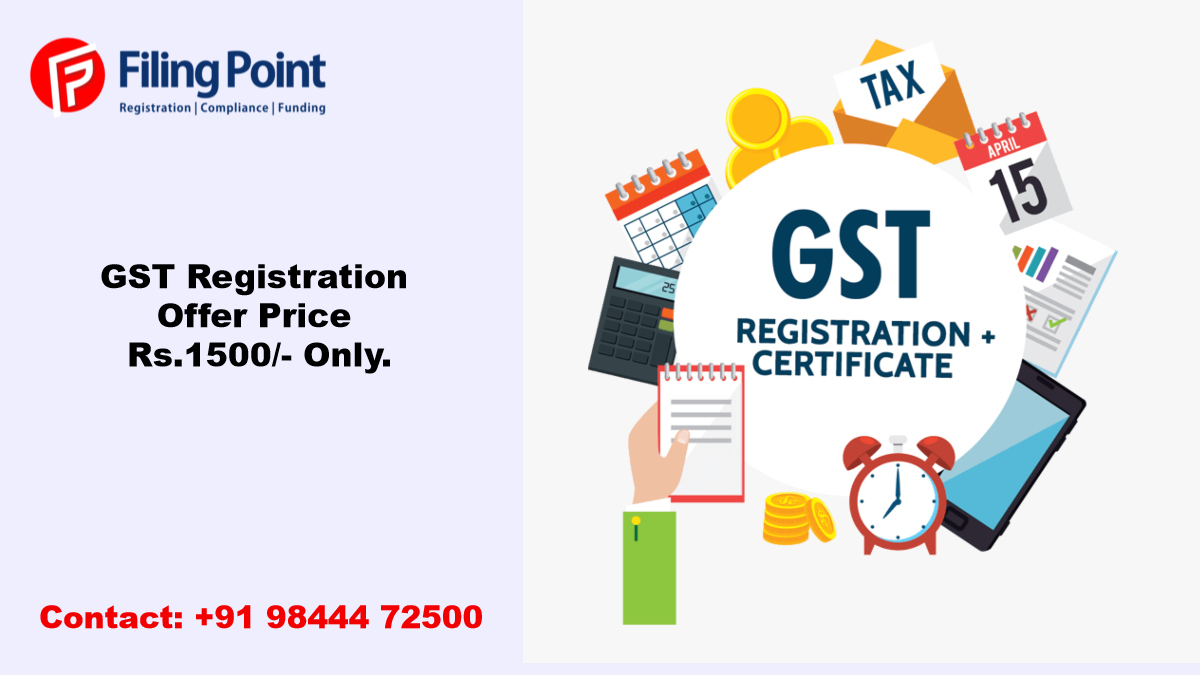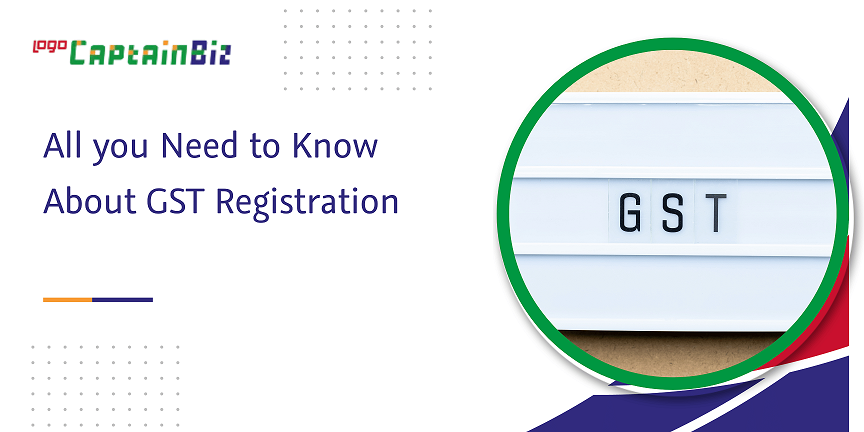From Begin to Finish: The Ultimate Roadmap to GST Enrollment for Businesses Looking For Financial Security
Navigating the complexities of Item and Provider Tax (GST) registration is an important action for services striving for economic security. From understanding the essential principles of GST to complying with post-registration standards, the process can appear discouraging initially look. Damaging down the roadmap right into manageable actions can streamline the enrollment trip for companies looking to improve their economic standing. Let's discover the essential components that make up this best roadmap and discover exactly how each phase contributes to laying a solid foundation for economic success.
Recognizing GST Basics
Looking into the basic principles of Item and Provider Tax (GST) is vital for gaining a comprehensive understanding of its ramifications on companies and the economic situation. GST is a value-added tax levied on a lot of goods and services for residential usage. It has replaced numerous indirect tax obligations that existed in the pre-GST era, improving the tax framework and enhancing convenience of doing company in India. Under the GST system, both items and services are exhausted at a certain rate, which is identified based on their category. If their yearly turn over goes beyond the threshold limitation established by the federal government, services are needed to register for GST. Input Tax Obligation Credit Scores (ITC) is a considerable attribute of GST, enabling businesses to claim credit rating for tax obligations paid on inputs, minimizing the total tax problem. Comprehending the fundamentals of GST is important for services to follow tax guidelines, manage their finances efficiently, and contribute to the country's financial growth by taking part in a transparent tax system.
Eligibility Standards for Registration
To register for GST, organizations have to fulfill certain eligibility standards established by the federal government. The primary qualification demand is that any business included in the supply of goods or services with a yearly accumulation turnover over the threshold limitation set by the authorities have to register for GST. As of the current regulations, the threshold limitation for GST registration is an annual aggregate turn over of 40 lakhs for companies operating within a state, with the exception of unique classification states where the limit is 20 lakhs. In addition, particular companies are needed to sign up for GST irrespective of their turnover, such as interstate distributors, informal taxed persons, and organizations reliant pay tax under the reverse fee device. It is crucial for services to thoroughly assess their turn over and deal kinds to establish their GST registration responsibilities properly. Failure to register for GST when eligible can cause penalties and lawful effects, making it essential for organizations to comply with the specified eligibility standards.
Files Needed for Registration
Having fulfilled the qualification criteria for GST enrollment, companies need to now ensure they have the requisite papers in location to proceed with the registration procedure successfully. The documents required for GST registration usually include evidence of organization constitution, such as partnership action, registration certification, or unification certification for different kinds of businesses. Additionally, businesses need to provide documents establishing the primary place of organization, such as a rental agreement or electrical power bill.
Step-by-Step Enrollment Refine
Commencing the GST enrollment process entails a collection of organized steps to ensure a smooth and compliant enrollment for organizations. The primary step is to visit the GST site and fill in the registration type with precise details of business entity. Following this, the candidate gets a Temporary Reference Number (TRN) which is utilized to return to the application procedure if it's not completed in one go.
Next, all needed records according to the list provided by the GST portal need to be submitted. These papers commonly include evidence of business registration, address and identification evidence of promoters, financial statements, and business entity's PAN card.

Post-Registration Compliance Guidelines

Verdict
To conclude, organizations seeking monetary security should recognize the fundamentals of GST, fulfill qualification standards, gather required documents, follow the detailed registration process, and abide by post-registration guidelines - Best GST registration services in Singapore. By adhering to these steps, companies can make certain conformity with tax obligation policies and preserve financial stability in the future
Additionally, particular organizations are called for to sign up for GST irrespective of their turn over, such as interstate vendors, casual taxed individuals, and organizations liable to pay tax obligation under the reverse charge device.Having actually fulfilled the qualification standards for GST registration, organizations should now ensure they have the requisite papers in area to continue with the enrollment process successfully. The records needed for GST enrollment usually include evidence of business constitution, such as collaboration act, registration certificate, or consolidation certification for various kinds of businesses. Additionally, businesses require go to this web-site to supply files developing the primary location of organization, such as a rental contract or electrical power costs.Commencing the GST enrollment procedure includes a collection of structured steps to ensure a seamless and compliant enrollment for services.
 Edward Furlong Then & Now!
Edward Furlong Then & Now! Angus T. Jones Then & Now!
Angus T. Jones Then & Now! Danielle Fishel Then & Now!
Danielle Fishel Then & Now! Loni Anderson Then & Now!
Loni Anderson Then & Now! Bernadette Peters Then & Now!
Bernadette Peters Then & Now!